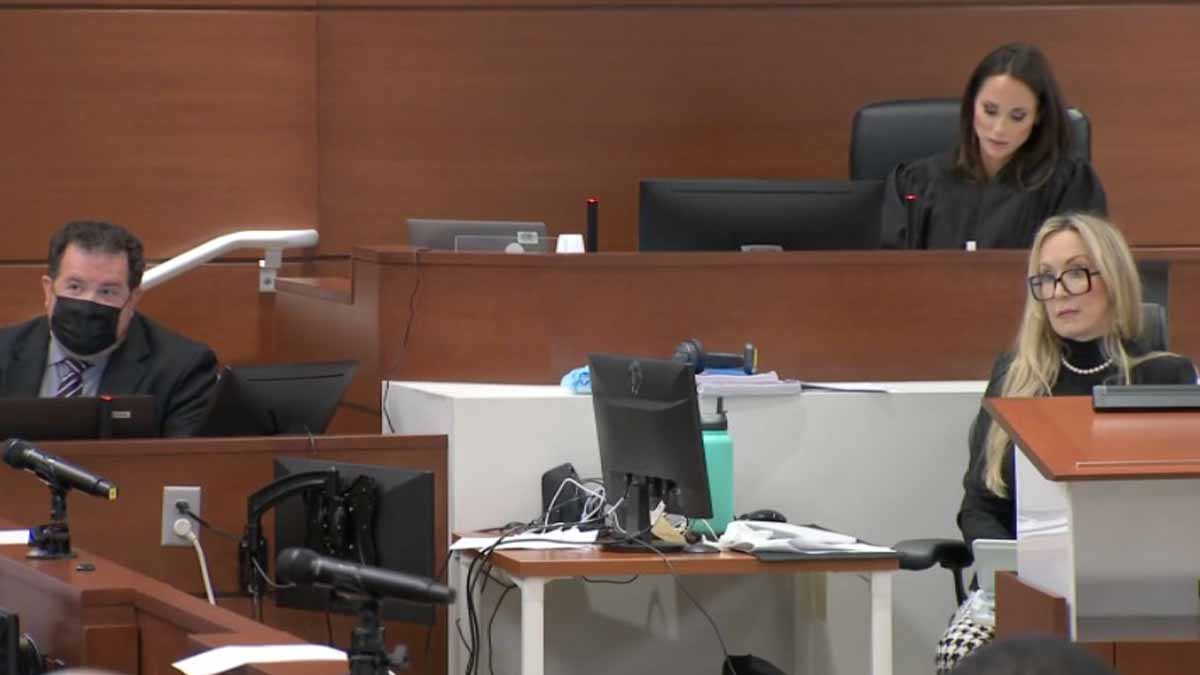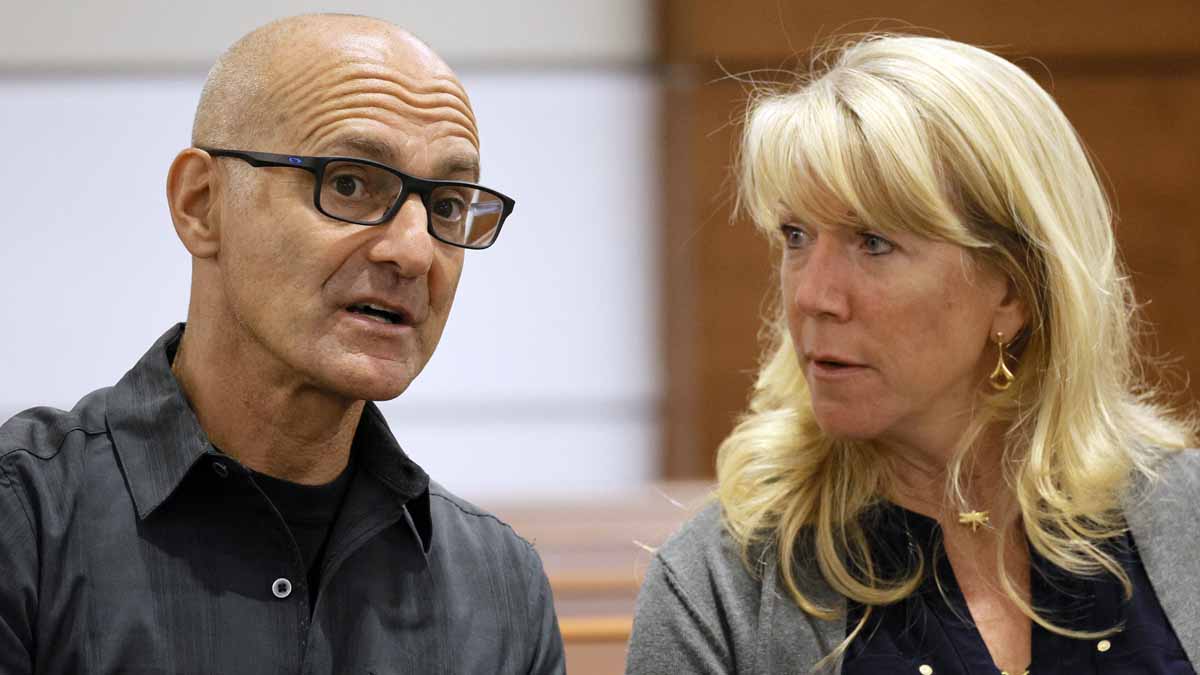Defense attorneys for the Parkland school shooter are arguing the judge must end the death penalty trial and sentence him to 34 consecutive life sentences, unless she reverses her decision to re-start jury selection this week.
The argument comes in a defense pleading filed Wednesday morning in preparation for an afternoon hearing.
Judge Elizabeth Scherer on Monday agreed to a state request to strike 243 potential jurors from consideration in the death penalty trial, meaning the selection process began anew on Monday of this week.
The defense objected, restating their argument that they must question 11 jurors who were dismissed by the judge on April 5 after they said they could not follow the law, had they been chosen to sit on the jury in the death penalty trial.
Get South Florida local news, weather forecasts and entertainment stories to your inbox. Sign up for NBC South Florida newsletters.
PARKLAND JURY SELECTION LATEST
Scherer said Monday she would give the defense a chance to “change her mind” after argument, now set for Wednesday afternoon.
If she rejects their request to keep all the potential jurors in play and order the 11 returned for further questioning, the defense claims Scherer would be “exponentially” compounding her prior error.
The state Monday told Scherer she made an error that would lead to any death sentence being overturned on appeal because she dismissed the jurors over the state’s and the defense’s objections without letting either side question them further.
The judge said Monday she did not think she erred, but agreed to start the process over anyway. She said even if it were error, she was “95 percent" sure it would not lead to a reversal of a death sentence, should the 12 jurors ultimately chosen unanimously call for one.
In its pleading filed Wednesday, the defense not only opposed the state’s motion to start the selection process over as of Monday, but also asked the death penalty be taken off the table – effectively ending the process with 17 consecutive life sentences for the murders and 17 more for the attempted murders.
The killer has already pled guilty to all those charges so the only question is whether he gets executed or sentenced to life in prison.
The defense Wednesday wrote it was concerned Scherer will not give their motion due consideration, saying she had “reversed the plan (she) put in motion three weeks ago (when jury selection began) to aid and assist the state.”
“The striking of all of these potential jurors exponentially compounds the potential error by prematurely excusing them without knowing whether the initial error can be cured,” the defense wrote in its motion.
“The improper striking of all previous panels violates double jeopardy and due process,” the defense claims. If the judge does not change her ruling and attempt to bring the 11 dismissed people back for questioning, “the state must be barred from seeking the death penalty and the proceedings must conclude.”
The state has argued this would not be a case of double jeopardy – the constitutional bar against being tried twice for the same crimes – because a jury has not yet been sworn in to consider argument and evidence.
Without any evidence of bad faith by the state or the judge, prosecutors say, double jeopardy does not apply at this early stage.
“The dismissal of 243 jurors after the erroneous dismissal of 11 must be considered a bad faith attempt by the state to strike potentially defense favorable jurors and a bad faith attempt by the court to aid the prosecution,” the defense argued.
Defense attorneys described the judge’s motivations as “dubious,” saying “there is no explanation for the court’s actions except to eliminate the need to correct its earlier error and to aid the prosecution.”
Scherer had said she would order the 11 jurors back to court this week so they could be questioned, and said she would order the sheriff’s office to serve them papers to help insure they returned.
But the sheriff’s office never received any order from the judge, who called it a “miscommunication."
On Monday morning, when the potential jurors were no-shows, the state moved to strike the entire panel that had been chosen over six days in this first round of the winnowing process, which focuses only whether people asked to serve on a months-long trial would have hardships or severe inconvenience.
Those who make it past this round are given questionnaires seeking biographical information, gauging the extent of their knowledge of the case and probing their views on the death penalty.
If the judge stands by her decision to dismiss all who survived the first six days of this process, that leaves nearly 130 viable candidates left for the second round of questioning, now set to begin May 16.
Opening statements in the case – which the judge originally hoped to have on May 31 – have been moved back to June 21, for now.
Click here for complete coverage of the Parkland school shooting jury selection



